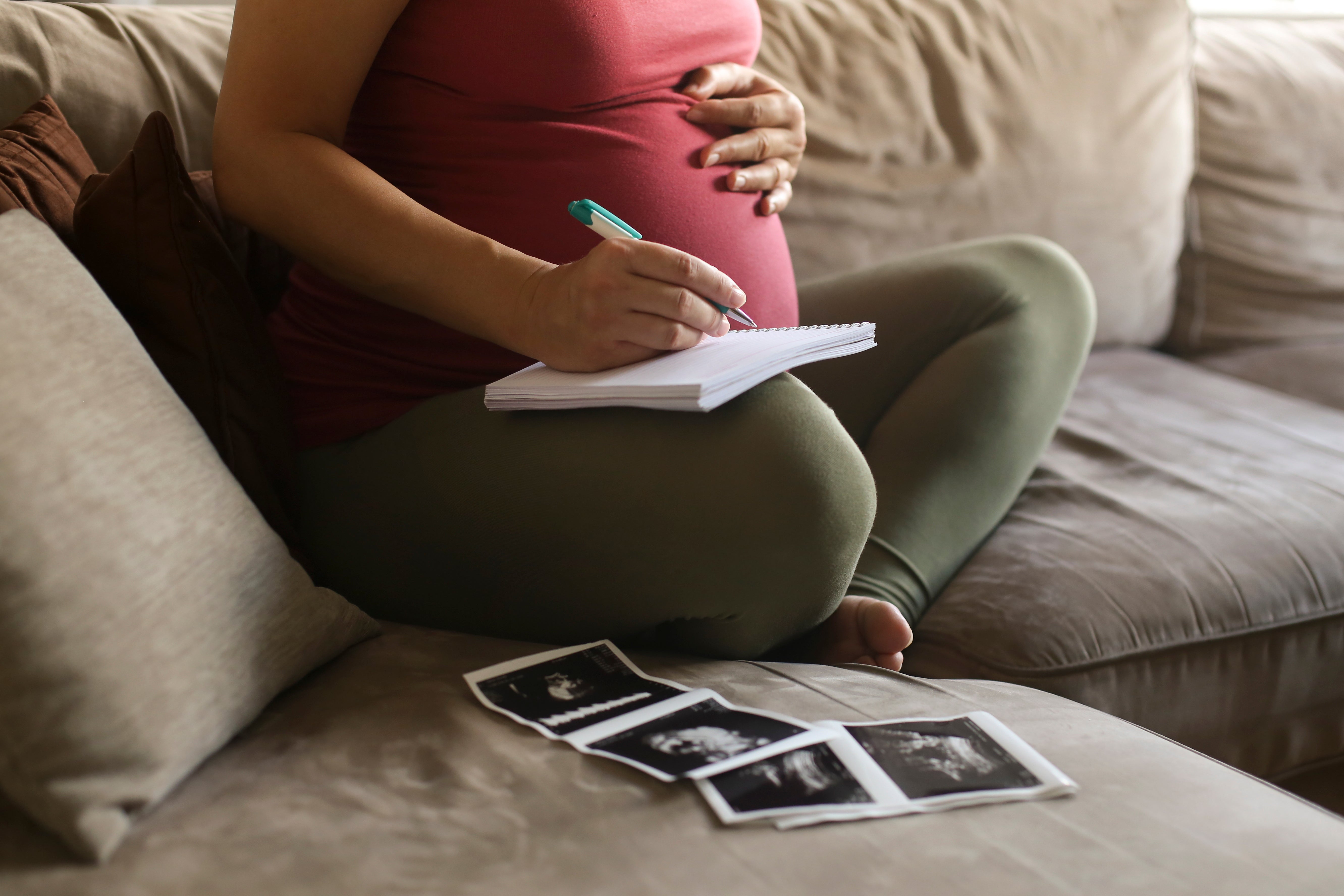What’s in a name? For a person of colour, a lot
Choosing a name for your child, something that will follow them around for life, is always going to be a big deal


Your support helps us to tell the story
From reproductive rights to climate change to Big Tech, The Independent is on the ground when the story is developing. Whether it's investigating the financials of Elon Musk's pro-Trump PAC or producing our latest documentary, 'The A Word', which shines a light on the American women fighting for reproductive rights, we know how important it is to parse out the facts from the messaging.
At such a critical moment in US history, we need reporters on the ground. Your donation allows us to keep sending journalists to speak to both sides of the story.
The Independent is trusted by Americans across the entire political spectrum. And unlike many other quality news outlets, we choose not to lock Americans out of our reporting and analysis with paywalls. We believe quality journalism should be available to everyone, paid for by those who can afford it.
Your support makes all the difference.Like many little girls in a world that packages up domesticity as a dream, I had a list of baby names while I was still a child myself.
In maths lessons, my friends and I would zone out and imagine the names we would adorn the future miniature versions of ourselves, bagsying ones that were popular and predicting who would have a baby first like it was some sort of race, the clocks in our wombs already ticking.
We pictured the neat little rosy-cheeked, curly-haired cherubs we would produce and thought about how these names would sound coming out of our deliciously adult mouths. We saw ourselves calling these names across the playground or cooing them while stroking small foreheads at night.
But one thing my child’s mind didn’t give much thought to was the political weight that names carry, and the huge social implications contained in one short word.
Recently, it was revealed Muhammad was the top boy’s name in the UK in 2022, trumping names like Noah, Oliver and Theo. When I read this, it got me thinking about the significance of choosing a baby name as an ethnic minority parent in Britain. Having given birth to my first child at the end of last year, I’ve been unpacking some of the factors that led to the name my husband and I chose for our son and what that says about our experience of being British Muslims today.
Choosing a name for your child, something that will follow them around for life, is always going to be a big deal. It’s a decision that warrants deep consideration and probably lots of household debates, maybe even some sleepless nights – and that’s before the baby even arrives.
Baby names are finalised for a range of reasons. Perhaps one sounds nice or has a significant meaning. Maybe it’s in memory of someone special, inspired by someone famous or a significant place. Parents in many cultures name their children after characteristics they want them to embody, and religious communities might choose the names of prophets or pious figures.
My own name, Nadeine, is a nod to my dual Libyan and English heritage; a name that is both European and North African. My parents, the product of their environment, were particularly concerned that my brother and I should have names that blend in seamlessly in both of our countries of origin, and, crucially, wouldn’t be the source of ridicule in our small Midlands hometown. Having arrived in a divided Britain during the height of the National Front, my dad knew firsthand what it meant to stand out, and the priority for my parents (and many of their generation) was assimilation.
But as a visibly Muslim woman who has faced discrimination in both its structural iterations and in the form of microaggressions in my own home country, my experiences of islamophobia have furnished me with a burning refusal to adhere to the narrow boxes people believe a Muslim woman should inhabit.
Now that it was my turn to choose a baby name for real, my priorities were somewhat different. If I am committed to anti-racism – if my goal is to be unapologetically, proudly Muslim in the face of systemic islamophobia and seek to embrace my otherness rather than succumb to the pressure to dilute myself for the white gaze – would it be a betrayal to choose a name for my son that sounds British enough to go under the radar? The kind of name that his teachers won’t stumble over while calling out the register or stop people asking him, “but where are you really from?”
If I chose a name like Adam, Zach or Noah – familiar and acceptable, with both Muslim and Judeo-Christian significance – would I be rejecting my values, seeking to become a palatable “good immigrant” who doesn’t bother people with difficult pronunciations or unfamiliar names? If the British public can pronounce Tchaikovsky, Djokovic, Siobhan or Aisling, why shouldn’t they be able to pronounce Yahya or Dhul Qarnain or Ahmed?
To keep up to speed with all the latest opinions and comment sign up to our free weekly Voices Dispatches newsletter by clicking here
At the same time, however, is it fair to burden a child with the weight of their parents’ politics? To force my child to endure a lifetime of “and how do you pronounce that?” or “can I shorten that?” – and even to seek out a more challenging name on purpose, to make some monumental point in the face of insurmountable systemic prejudice? Would that be the right thing to do, when my own name has afforded me undoubtable white privilege?
In the end we went for an identifiably Muslim name and opted for a very phonetic, literal spelling in the hope that people will pronounce it correctly even if they aren’t familiar with it. Even then, when old ladies coo over him on the bus and ask me his name, there’s always a shadow of confusion that passes over their face as they mumble something like “lovely!” and wonder what on earth I just said. In those moments, I do wonder if it wouldn’t have been easier to call him something else, but then I think – easier for whom?
In the face of eroding rights and equalities in Britain, as minorities are increasingly harassed and surveilled, it feels like exactly the right time to be unapologetic. I hope through his name, my baby boy can hold onto the sentiment that we belong here, with our different names and clothes and food and beliefs, just as much as anyone else.